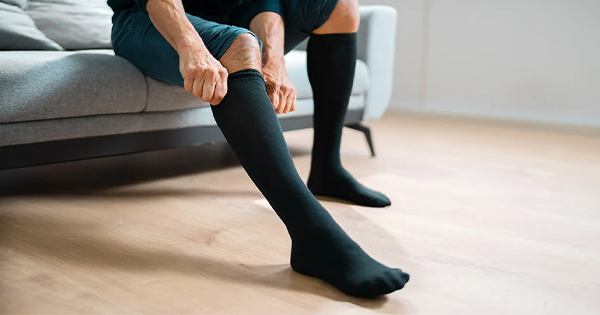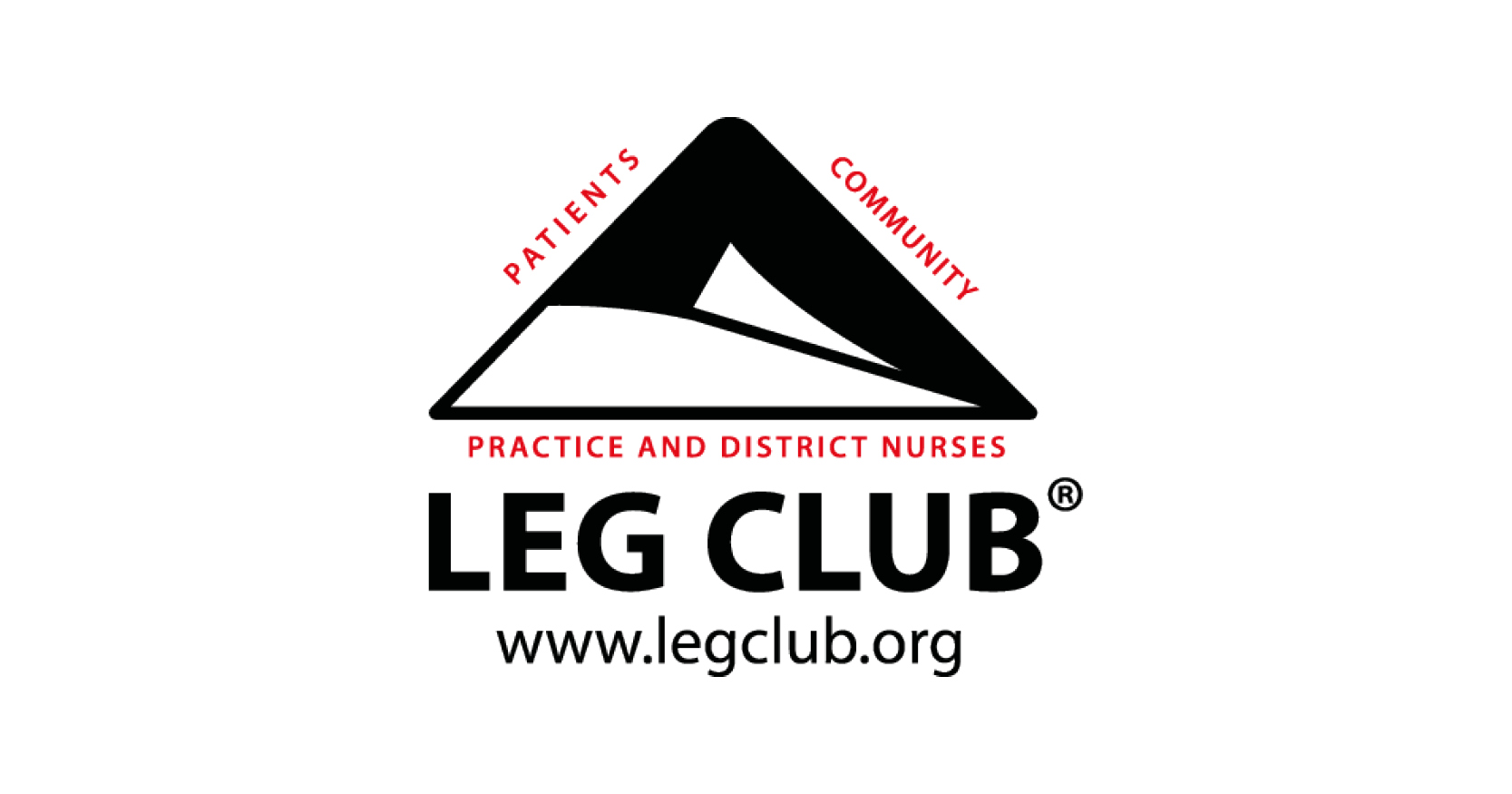For an essentially face-to-face, age-friendly service, the online pivot has not been straightforward as many members and volunteers were not ‘digital natives’. We cannot escape technology, but rather than jumping on the digital bandwagon, it is important to first go gently and explore what possible digital channels might work for the Leg Clubs, if at all. Digital transformation is often evoked as a buzzword; what is often missing is an analysis of social constructions of technology use, behaviour, attitudes and cognition of the people who use the technology (Mergel et al, 2019). Therefore, in autumn 2022, Dr Anna Galazka designed a qualitative study to gather desk research and internal stakeholder feedback to identify what might work in terms of digital channels, focusing on Leg Club volunteers specifically. Along with her research assistant, Miss Hannah Trotman, she sought to answer a research question: In what ways, if at all, can digital communication be integrated in the work of Leg Club volunteers?
This research was conducted in November 2022, when we interviewed 11 Leg Club volunteers from three UK Leg Clubs. We asked them a series of questions and showed them a sample application (Cardiff University students app), asking if they would see the value of a similar solution in the Leg Clubs. We found a mix of digital scepticism and curiosity about the application. In this article, we highlight some opportunities associated with introducing a new digital technology to the Leg Clubs, which emerged from the study.
Growing with society: Awareness of the need to move with the times
While there was still apprehensiveness due to some volunteers not being completely comfortable with technology, they agreed that new forms of communication had to be engaged with to move with the times:
I wouldn’t be opposed to the idea of part of the Leg Clubs moving online due to the need to move with the times. (Volunteer 4, Leg Club 1)
Reaching a wider audience: Potential learning and communicative benefits
The volunteers also spoke of ways in which a new digital technology could help learn and communicate across a wider audience, from updates on fund raisers to contacting doctors’ surgeries. Several volunteers stressed the communicative benefits that technology could bring. A potential network across other Clubs, for example via social media, could help share ideas on a national scale instead of simply within one Club:
We could talk to each other, share ideas for each other, put any ideas to forward, e.g. ‘what are you doing for Christmas?’…WhatsApp group would be okay for that, just for volunteers (can’t have members’ phone numbers). Zoom could work – one day a week when they aren’t all at Leg Club, mainly in the morning, one afternoon, ‘We will be all on Zoom from 3 to 4, join if you can, we would love it” (Volunteer 5, Leg Club 2).
Before this study, there were signs that Leg Clubs might be moving into the digital world, but there had not been any conclusive evidence on people’s attitudes to technology. This research has taken the first step in addressing this oversight. It found that simply by turning to existing social media, such as WhatsApp, Facebook, or Facebook Messenger, communication could greatly improve. Social media is a cost-effective way of achieving better communication, but guidance is needed from the Foundation on how to use social media channels – what to post, how to protect privacy and how not to exclude those who prefer the offline.




